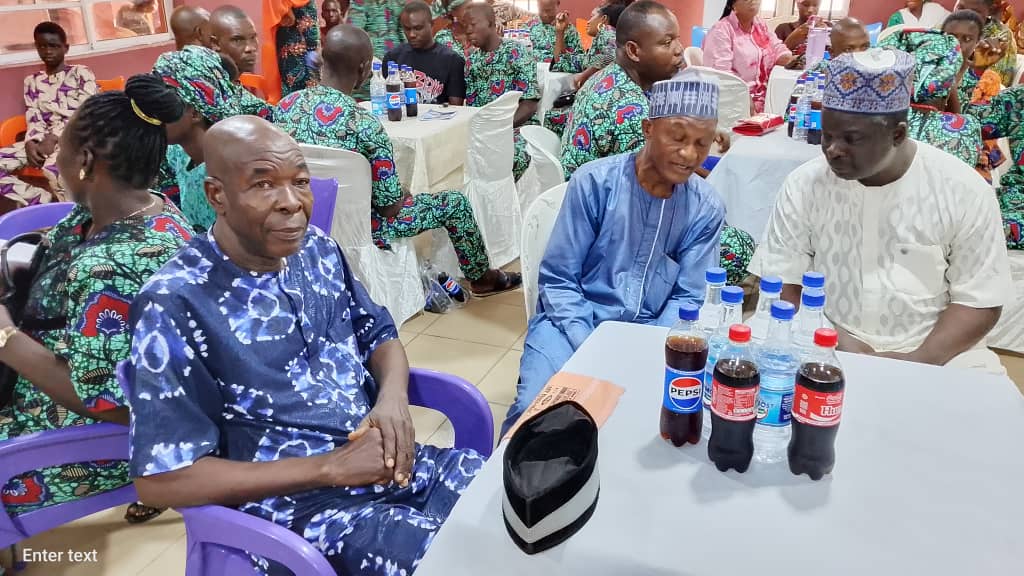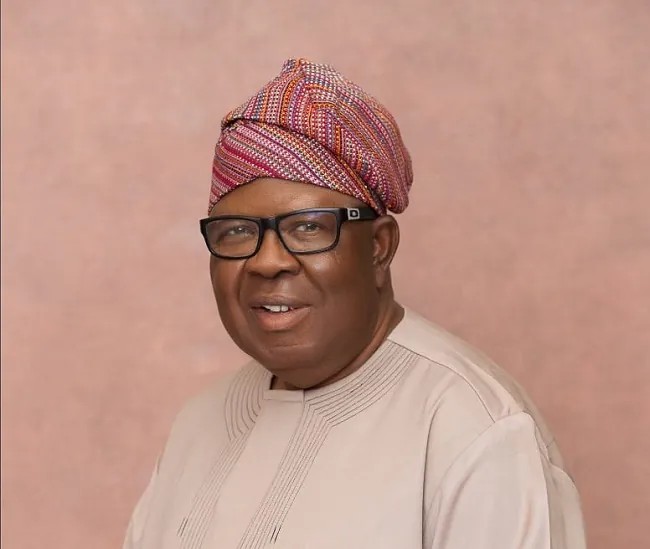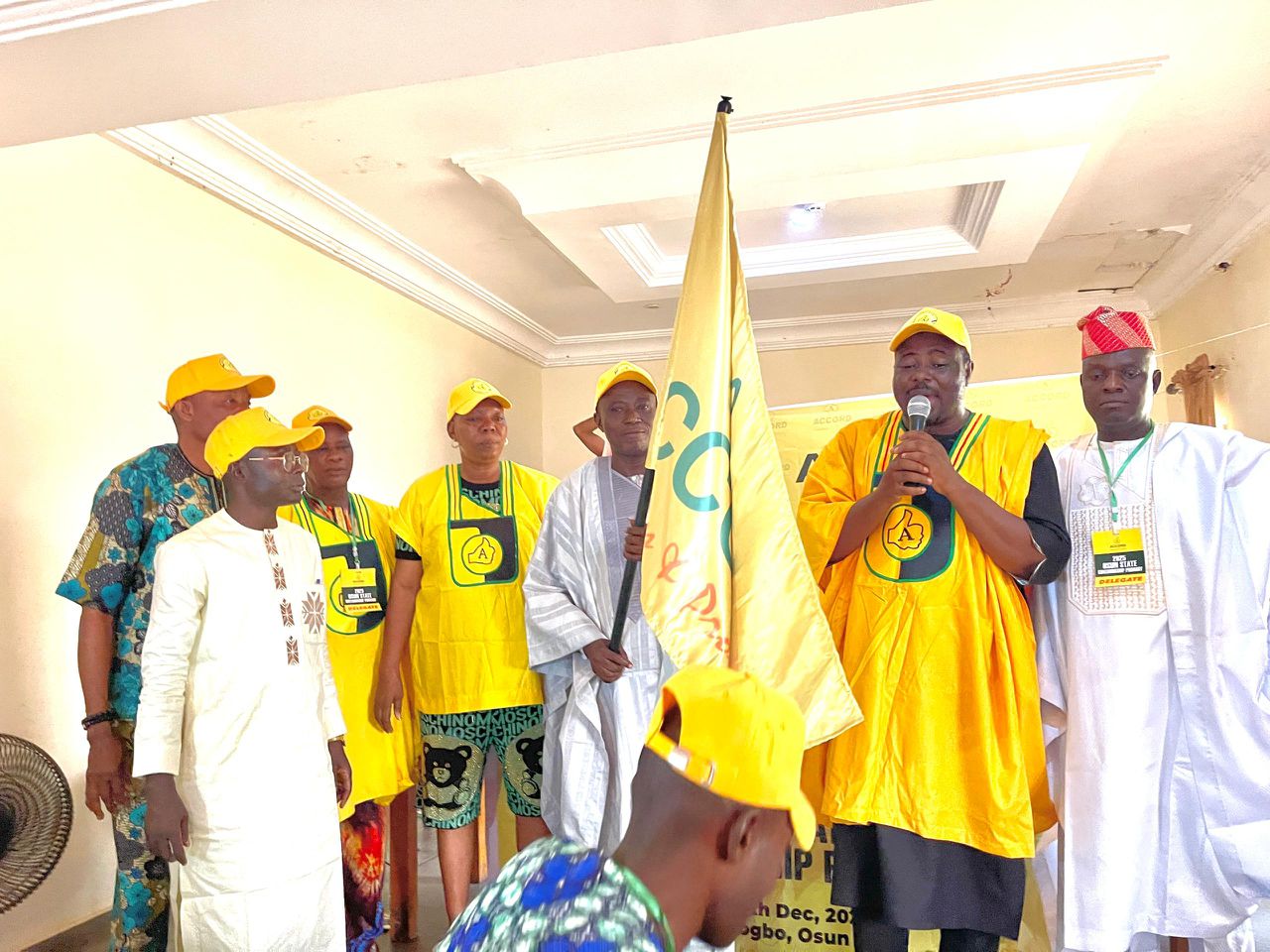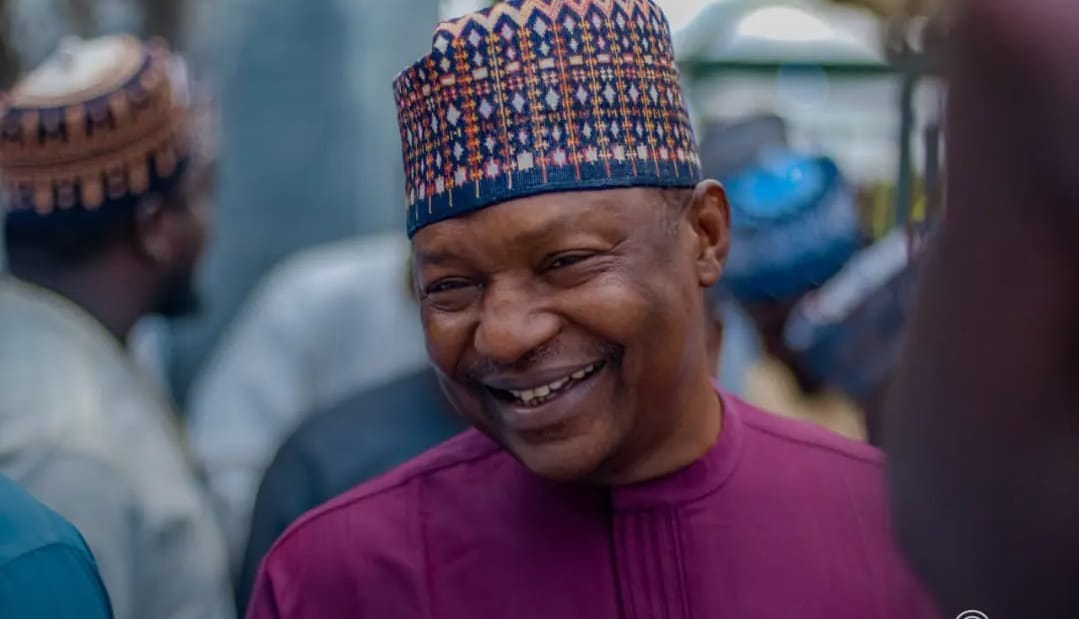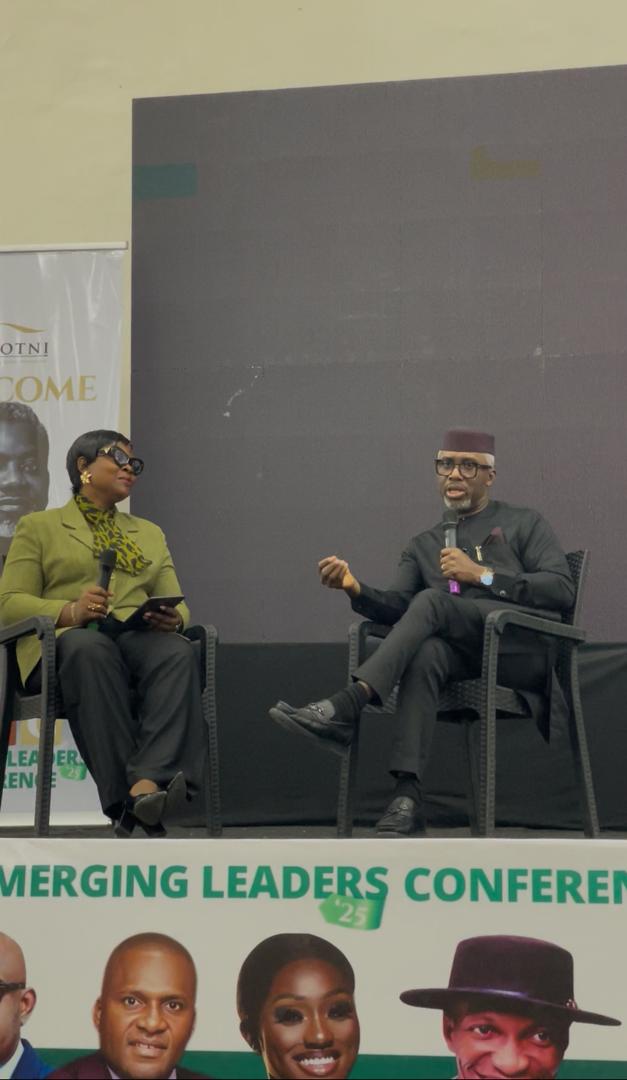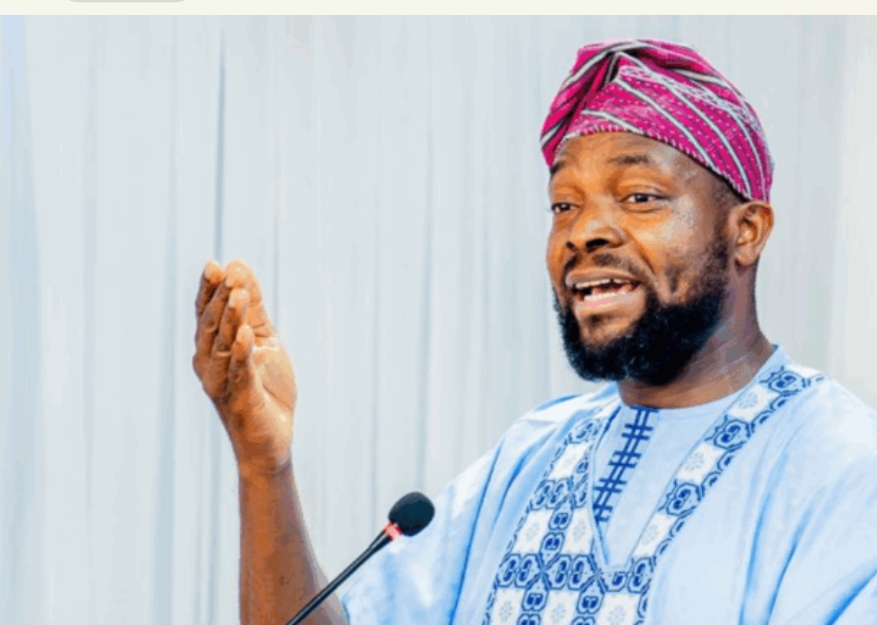LOKOJA – The Afemai community in Kogi State has publicly endorsed Governor Ahmed Usman Ododo for a second term in office, pledging to deliver a bloc of 50,000 votes for the All Progressives Congress (APC) in the 2027 general elections.
The endorsement was made on Sunday during the community’s second annual end-of-year celebration in Lokoja.
Led by their traditional head, HRH Alhaji Zakaria Dangana, the Onogie of Afemai in Lokoja, the community praised Governor Ododo for what they described as his “pragmatic policies” towards non-indigenes, from which they have benefitted.
The Afemai people, also known as Etsako and originating from six local government areas in Edo State, have resided in Kogi for over a century.
A Plea for Recognition and Inclusion
Beyond political support, the community leader presented a list of long-standing requests to the state government. Chief Dangana appealed for the official recognition, grading, and gazetting of the Afemai traditional stool in Lokoja, putting it on equal footing with other ethnic nationalities in the state.
He also solicited civil service employment and political appointments for qualified Afemai indigenes, highlighting the community’s peaceful nature and contribution to the development of areas like Adankolo and Lokongoma in the state capital.
“We are peace-loving and have a knack for establishing projects that directly benefit our host communities. In our many decades here, we have not been found wanting in crime,” Dangana stated.
Governor’s Representative Advises Formal Association
Governor Ododo, represented by the Commissioner for Water Resources, Engineer Yahaya Farouk, acknowledged the critical role the Afemai people have played in Kogi’s development since the Second Republic.
He advised the community to form a formidable and recognised association to better channel their requests through official government platforms.
“My charge to you is to make yourselves relevant by forming associations that can reach the government. It is only when your strength is communicated through political activities that you will be considered for the perks in the state,” the Governor’s representative said.
He assured the community that their requests would be looked into.
Cross-Party Support on Security
In a notable show of cross-party alignment on a key state issue, the Kogi State Chairman of the People’s Democratic Party (PDP), Mohammed Sani Gambo, attended the event.
He applauded Governor Ododo for his firm stance and action against banditry and kidnappers, vowing to mobilize support for the government’s security efforts.
“Though I belong to the PDP, security is everybody’s concern. I call on the people to give maximum support to the governor to defeat our common enemies,” the PDP chairman said.
The event, chaired by Abu Michael of the Afemai Progressive Union, was framed as a gathering for “sober reflection” and repositioning the community for socio-economic development ahead of the 2027 polls.

